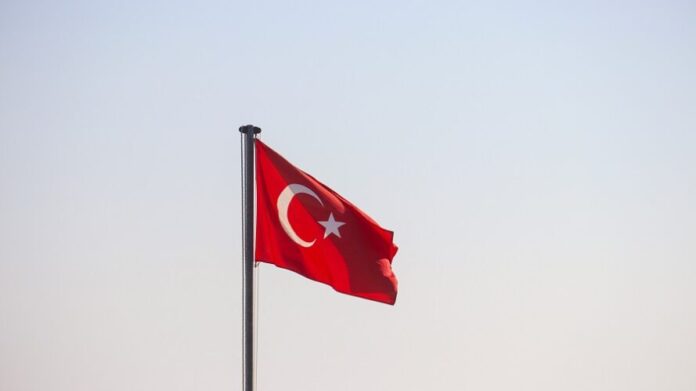Following the earthquakes on February 6, Concern Worldwide is stepping up its operations in Turkey (Türkiye) and Syria while shifting its attention to helping survivors enduring subfreezing temperatures.
In this phase of the response, the Irish humanitarian organization is expanding its assistance to eight of the ten worst-affected regions of Turkey, reaching 25,000 households (150,000 people), or about as many as live in County Waterford.
Concern is giving shelter, food, mattresses, blankets, cooking utensils, heaters, building toilets and clean water supplies, and providing hygiene goods while collaborating with local and international humanitarian organizations.
Concern is also giving people and kids who were traumatized by the disasters crucial psychosocial care. At least 1,600 aftershocks have been recorded by the Turkish Disaster Management Service, which has slowed down rescue attempts and forced many victims to relive their misery.
Assisting 1,200 households (7,200 people) in Idlib and Aleppo with food, blankets, mattresses, cooking utensils, heaters, hygiene kits with soap, toothpaste, and toothbrushes, female sanitary supplies, clean water delivery, emergency toilet installation, and waste management is what Concern’s partner on the ground has started doing in north-western Syria.
The Department of Foreign Affairs has organized one of Ireland’s largest-ever deployments of emergency stockpiles, and the first shipment will arrive into Turkey today from Dubai. It consists of emergency shelter kits, hygiene kits, cooking sets, tents, solar lights, and blankets. These goods will be distributed to those in need over the weekend by Concern, GOAL, and local partners.
Concern has been working with Syrian refugees and host communities in several of the earthquake-prone regions for the past ten years. In the immediate aftermath of the earthquakes, it provided water, hot food, and temporary shelter building along with blankets, heaters, and mattresses to emergency shelters.
Currently, the weather is unusually chilly, with lows at night of as low as -6 degrees Celsius and as low as -12 in certain places.



